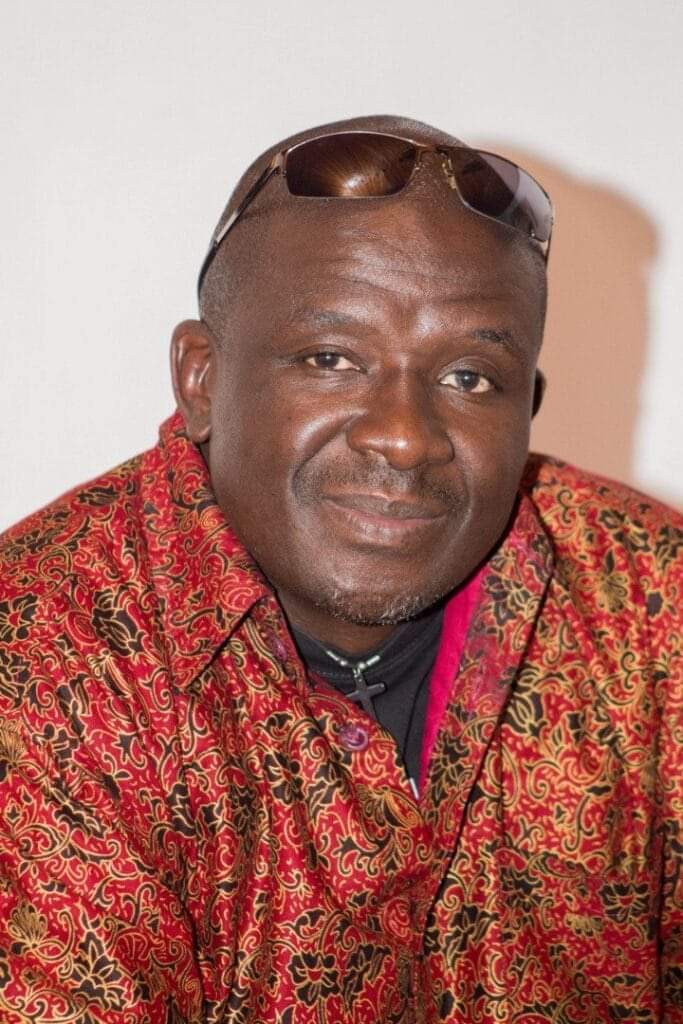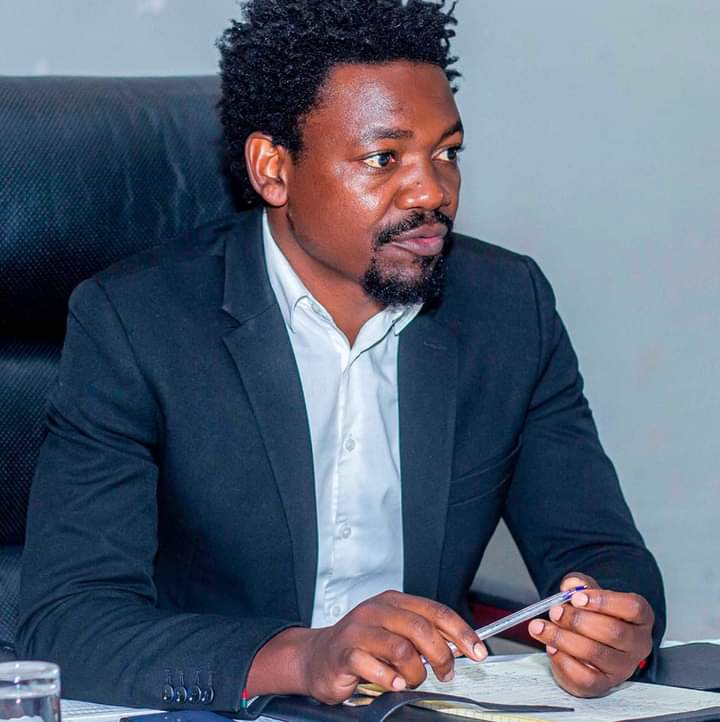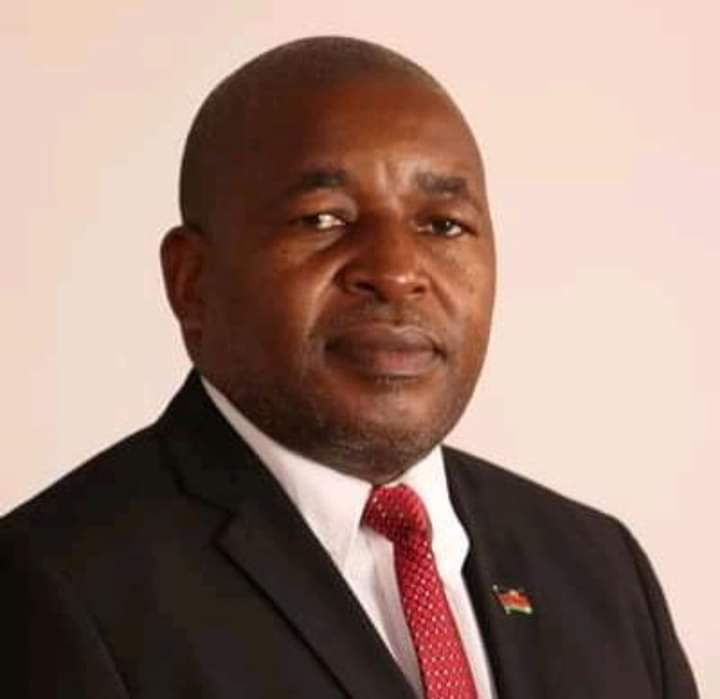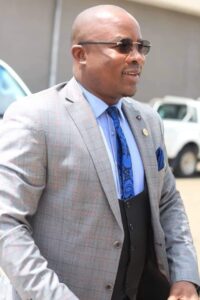CSOs Differ On “Malawi Drifting into Failed State”

A senior governance and human rights advocate, Undule Mwakasungula says there is need for an ultimate understanding in building national unity and progress from all Malawians, regardless of political, religious, ethnic or regional background to overcome the economic crisis and pave the way for a stronger and more prosperous future for the country.
Mwakasungula was reacting to recent remarks made by the Human Rights Defenders Coalition (HRDC) describing the current situation which condemned the country to be drifting into a failed states.
Addressing the media in the capital city, Lilongwe over the weekend the HRDC Chairperson, Gift Trapence said Malawians finds themselves as a nation in the midst of a severe economic crisis precipitated by the government’s failure to make tough but necessary decisions that would address the needs of the people to navigate the crisis hence calling on President Lazarus McCarthy Chakwera to act swiftly and decisively without delay as failing to do so will lead down the path of becoming a failed state.
The HRDC leaders stressed that the heart of this crisis lies in the government’s inability to effectively manage the economy, resulting in an enduring and uncontrollable shortage of foreign exchange, chronic fuel supply disruptions that have driven up the cost of living, particularly food prices, leaving most Malawians struggling to make the ends meet.
Trapence blasted President Chakwera’s administration to have further exacerbated the crisis by its indecisiveness in handling maize prices and an alarmingly historic public debt of K7.9 trillion.
“We, as advocates of human rights, are gravely concerned by how the government’s economic mismanagement has infringed upon the rights of Malawians, including the rights to economic activity, food, good health, and life itself.
“Even more disconcerting is the lack of a coherent policy from President Chakwera’s government to address this crisis. This absence of direction has eroded confidence in their ability to manage the situation, pushing us closer to the precipice of a failed state,” he said.
Taking turns the HRDC leaders also hit on the Inflation which they say has soared to the alarming levels, with rates around 29 percent (%) as of August, placing the country among those with the highest inflation rates on the continent.
“This has resulted in exorbitant prices for essential goods and services, while wages remain stagnant. Remarkably, the government seems unfazed by this crisis with the cost of basic necessities like food, water, cooking oil, fuel, and transportation skyrocketing, placing a heavy burden on the majority of the population,” chipped in Masauko Thawe the HRDC Chairperson for the Eastern region.
Despite being in agreement with most of the resolutions presented by the HRDC Mwakasungula argued that while some of the challenges the country is facing requires urgent attention, it may be more constructive to view them as symptoms of underlying problems that need to be critically looked into rather than labeling the country as drifting towards a failed state.
“Although the challenges are severe, it is important to focus on the specific issues at hand and the potential for reform and recovery. This approach acknowledges the complexity of the situation and recognizes the agency of the Malawian people to address these challenges, rather than reducing the situation to a label that may not fully capture the nuances of our country’s current state,” said Mwakasungula
He further illustrated that it is crucial to understand that the term “failed state” is a highly charged and complex label that can have significant implications both domestically and internationally.
“The term is typically used to describe a country with weak institutions, poor governance, chronic violence, and a lack of basic public services. I believe that our country Malawi has not reached that level. Therefore, applying this term to our country should be done with caution and a thorough understanding of our context”.
He then advised that In times of crisis, it is important for people to come together and work towards finding lasting solutions which includes supporting government efforts to address the challenges while holding duty bearers accountable for their actions as it is also essential to note that although the situations are difficult there is no need to be hopeless.




